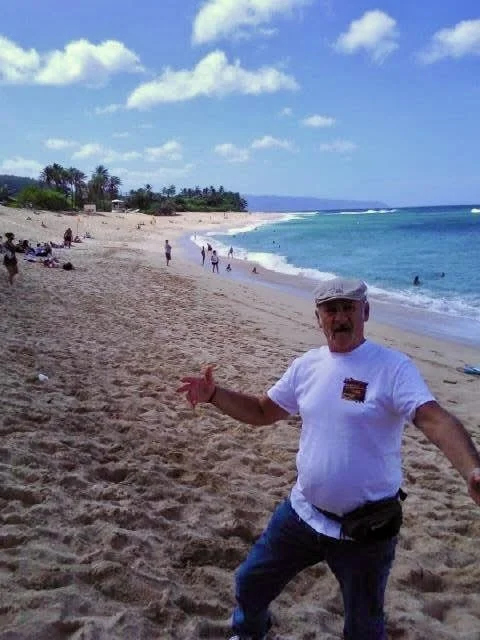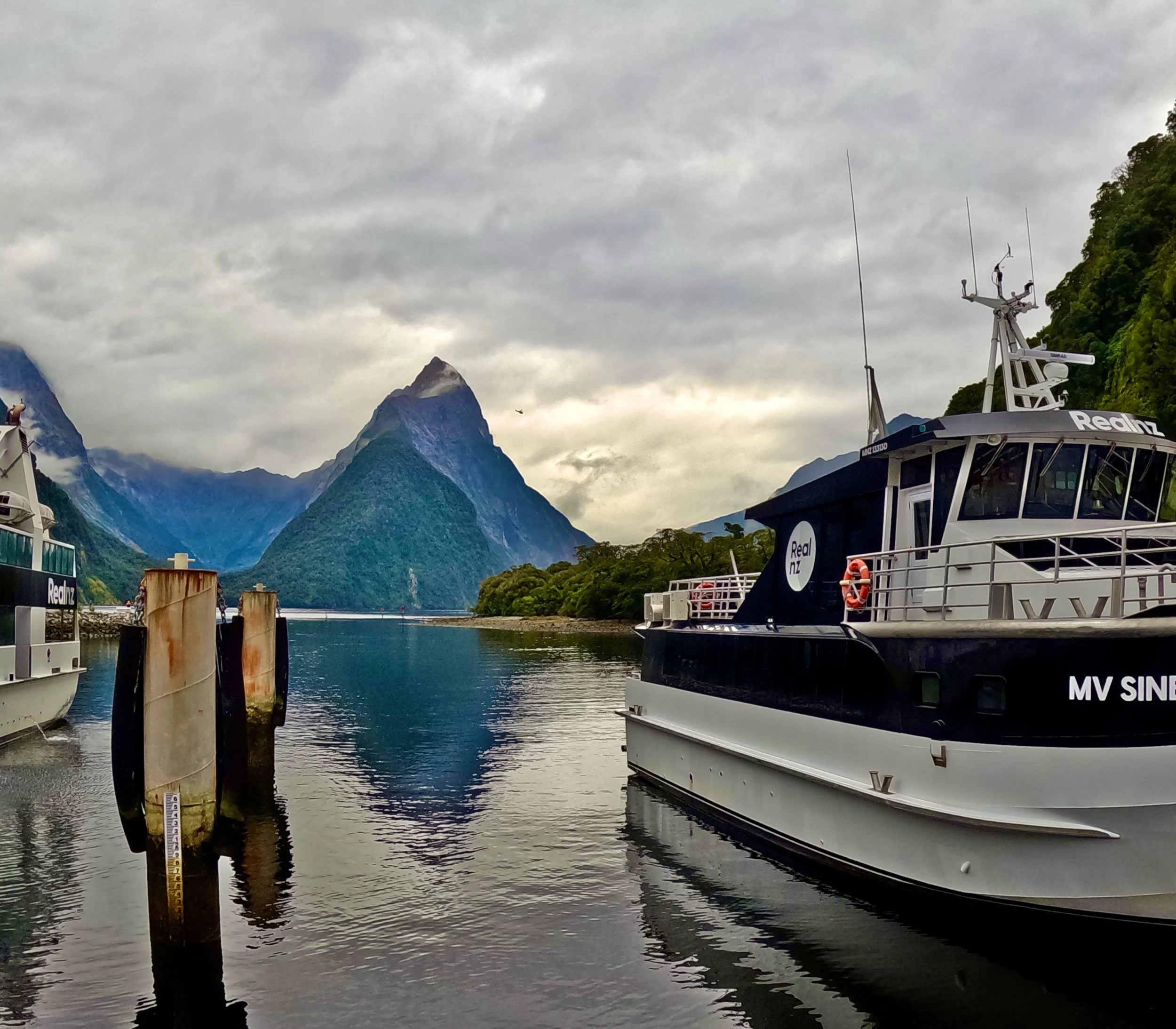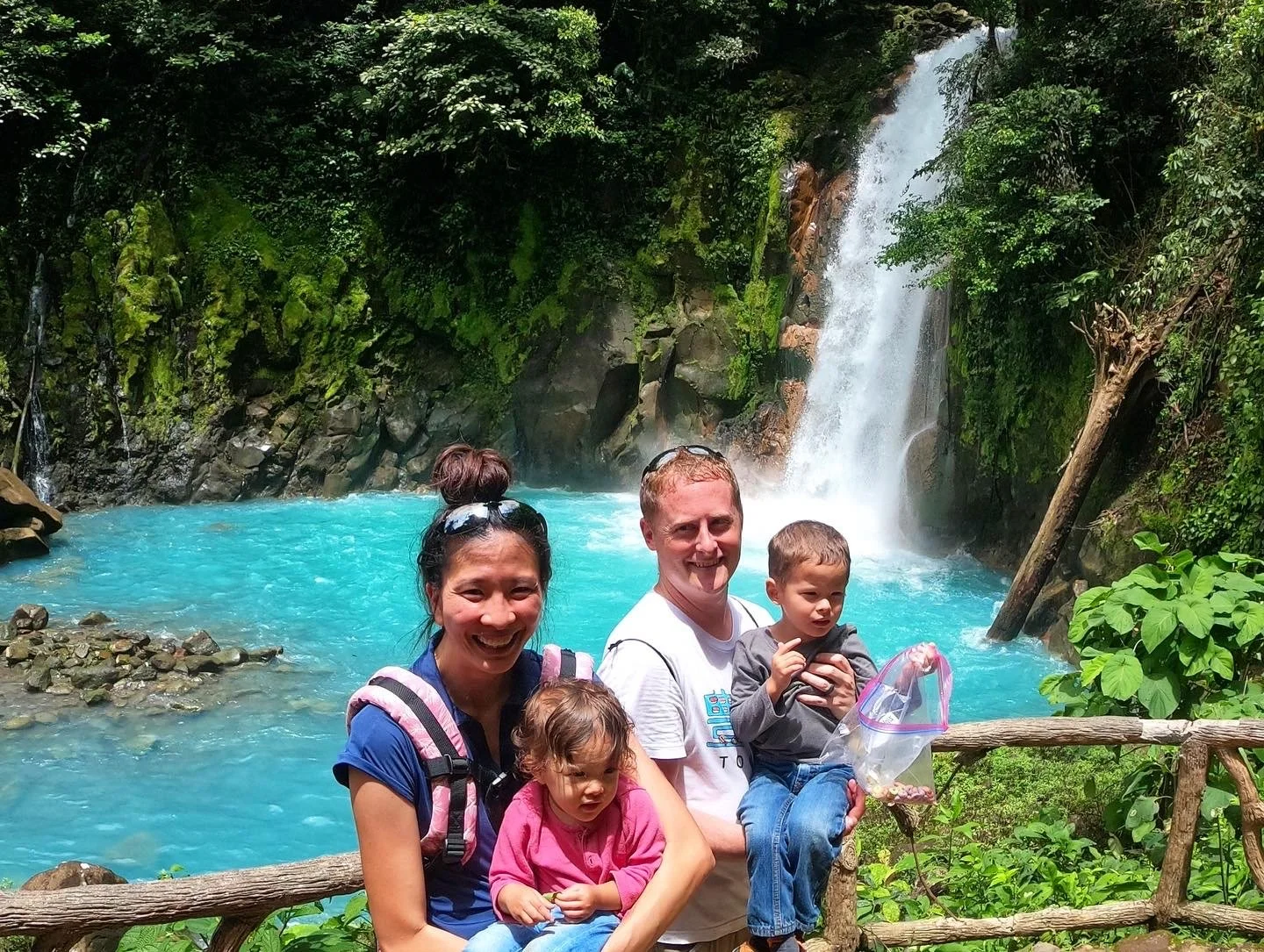Advanced Scuba Diving Careers that you can do Globally - Nomad Guide
Please note: This post may contain affiliate links. See our disclosure to learn more.
Photo Credit: Anna Kruse (IG: Anna_UnderTheSea) - Used with permission from Travis Turgeon
Remote Jobs > Working Overseas > Advanced Scuba Diving Careers that you can do Globally
Scuba Diving Careers
In our last article, we discussed the road to becoming a professional scuba diving instructor.
While working as a scuba instructor is undoubtedly the most common employment outlet as a diving professional, it is far from the only path.
Many people take on scuba diving as a secondary role to their already existing professions.
In this article, we dive into the different career paths available to professional divers.
For a quick reference, here’s a list of some of the different career fields that utilize scuba diving, other than your typical recreational diving instructor:
Commercial Diving
Underwater Content Creation
Underwater Archaeology
Marine Research Scientist
Military and Public Safety Diving
Salvage Diving
Photo Credit: Hunter Nolan on Unsplash - Used with permission from Travis Turgeon
Diving Specialties
Commercial Diving
Our last article explained how working as a dive instructor usually won’t make you wealthy. So, we are excited to tell you a bit about commercial diving. While not for the faint of heart, commercial diving offers some exceptionally competitive salaries, in or out of the diving industry.
Commercial diving is any job where a diver works for industrial, construction, engineering, or maintenance purposes. The duties of underwater work are often similar to the responsibilities of industry workers on the land. Still, because the work is carried out underwater, the jobs are inherently more dangerous. Because these jobs are hazardous, specialized training is required to work as a commercial diver. OSHA standards must be met for almost every underwater job, and working as a team is critical for the workers’ safety.
One of the best ways to prepare for potentially dangerous incidents underwater is by taking your rescue diver course. I completed my rescue diver course on the Gili Islands near Bali, Indonesia. Lucky for you, there is currently a Rescue Diver course right near there in Kuta, Bali. The nice thing about completing your course in Bali, other than the island’s sheer beauty, is that you will likely see some manta rays during the dives!
If you haven’t been scared away by the hazards of the job, then listen up. Commercial divers make very good money. While the average commercial divers make right above $60,000 a year, the top commercial divers are well above the six-figure mark. The best-paid commercial divers are sitting right around the $500,000 a year mark. Not a bad way to earn a small fortune.
Photo Source: Jakob Owens on Unsplash - Used with permission from Travis Turgeon
Underwater Content Creation
While this could still fall under the recreational diving category, it doesn’t have to. The internet is ever-expanding, and the need for digital content creators is far from fading. Many people are making a killing doing jobs they love.
Content creators are used for all sorts of industries, including commercial, science, retail, and recreation. Dive shops are paying content creators to promote their dive shops and local dive sites. Scientists are paying creators to make content that assists in acquiring funding for their ventures.
Diving equipment retail is becoming more and more competitive, driving up companies’ need to hire outside for more specialized marketing. The demand has never been stronger, and the resources are plenty. As with anything, this route will require you to invest your time and money both to get started. Camera equipment is not cheap, and the housings for the cameras are often even more expensive than the camera itself.
The best way to decide if this is something worth investing your time and money into is by actually giving it a go. PADI offers a Digital Underwater Photography Course at a super reasonable price, and best of all, you’ll be able to complete the course in Egypt! Spend a few days checking out the Great Pyramids of Giza before heading to the coast of Hurghada for some of the most extraordinary conditions a photographer could ask for underwater. Egypt is world-famous for its marine life, coral populations, and the visibility of the water. Hands down, diving in Egypt was one of the most incredible experiences of my life.
Here's an Example of Some Epic Underwater Footage from the Islands of Koh Phi Phi - Check This Out!
Content creation doesn’t stop with photography and videography, though. Writing is an often-overlooked skill that can be paired with other skills and is still highly sought after by certain outlets. Sure, magazines and books are turning to the digital realm, but that doesn’t mean you can’t crank out content for these outlets. We know several people that work as full-time staff writers for digital dive magazines. They love their jobs, the pay is decent, and they get the opportunity to build a portfolio for the future. Writing is not dead; my friends.
Photo by Mael BALLAND on Unsplash
Underwater Archaeology
The first time I heard about underwater archaeology, I instantly imagined some weird Indiana Jones spinoff that takes place entirely underwater. I didn’t think there was any such job that existed. I was very wrong. I have now met multiple people who work under that exact title.
While they may not spend most of their time underwater, underwater archaeologists will find themselves diving in rivers, lakes, oceans, and caves worldwide. Their time on the surface is anything other than boring, though, so fear not. Before they can utilize diving, they need to locate a point of interest. They use tons of cool technology such as LiDAR, ROV and AUVs, advanced photography, and videography. All of that new groundbreaking technology gets paired up with human history to make for a remarkably unique workday.
Some specific things an underwater archaeologist might find themselves doing include:
Surveys, assessments, and excavations
Public Outreach
Report and Grant Writing
Scuba Diving
Researching Active and Potential Archeological Sites
Almost everyone who works in underwater archaeology has either a master’s or doctorate in anthropology. They also tend to focus their secondary courses around oceanography, history, geology, and chemistry during their studies. So while this is not something that you can jump into with little planning or education, it is a viable option for a long-term career doing some epic work.
Want to find out more about how to become an underwater archaeologist? Check out this PADI blog post featuring Melissa Price. She goes into detail to explain the route she took to get her doing some incredible work.
Photo Credit: Anna Kruse (IG: Anna_UnderTheSea) - Used with permission from Travis Turgeon
Marine Research Scientist
As a graduate of Environmental Science, I can tell you now that these jobs are out there. The main difference here is that diving comes second to science. You will need an educational background, often a master’s degree or higher in your field.
Don’t let that deter you, though. I didn’t graduate from university until after 30, and I have never been happier with my choices. With my education and experience, I can now participate in some of the most epic research I could imagine. Studying different species of coral reefs, how they are reacting and surviving in changes conditions, and further exploring scientific attributes of coral communities is a dream.
Marine research is carried out in so many ways, but the people who work in this field spend a TON of time underwater. Reef surveys are done to assess the changing fish and coral populations. Samples of water, coral, sand, silt, and even fish tissue are used to evaluate just how all ocean elements impact one another. Corals are monitored year by year to see just how the communities can strive and what conditions contribute to decline.
You can find scientific diving courses worldwide, but one of the best ways to contribute without being a scientist is by supporting those who are. Moorea, French Polynesia, is one of the best places in the world to get up close and personal with sharks, and at least one Shark Expedition Tour gives its proceeds to conservation efforts in the area. This experience is not to be missed if you’re there.
Photo by Neil Mark Thomas on Unsplash
Military and Public Safety Diving
Military divers are used in nearly every branch, including the Army, Navy, Marines, Air Force, and the Coast Guard. Divers in the military perform specialized tasks that are imperative to certain parts of missions and campaigns. The duties often come with a high degree of risk and danger, reaching well beyond most professional divers’ limits. Military divers are trained in all aspects of their branches, with additional components such as underwater search and rescue, explosive demolition and disposal, and underwater engineering.
Each branch of the military has different requirements and responsibilities for admission and active duty. While it’s not required that you have previous experience with diving to become a military diver, it certainly would help. We imagine that divemaster status would be an excellent spot to shoot for. A few other military diving requirements are near-perfect vision, high aptitude test scores, and peak physical condition. Jump on to the US Army webpage to find out more about becoming a military diver.
Public safety diving is generally done with law enforcement and search-and-rescue teams. Compared to other diving professions, the main difference with this job is that there is often no time for planning and preparation. Public safety divers are on call 24 hours a day, seven days a week. They must be ready to go at the drop of a hat to save a life potentially.
Requirements and training of public safety divers are extensive. Depending on your location and work scope, safety divers might need to be certified in dry-suit diving for cold or icy conditions, full-face mask diving for underwater communication, or be trained to dive in contaminated waters, just to name a few. Keep in mind; these divers are thick-skinned. The things they witness can have a severe psychological impact.
The best recommendation for getting prepared for public safety diving is to take your dry-suit diving course. If you’re going to be diving in cold water, why not make it crystal clear with some incredible topside beauty. Enter Iceland. Once you’re certified, do one of the most famous dives in the northern hemisphere and dive between two different continents’ tectonic plates. Thingvellir National Park is amazing, and this drysuit diving tour is the best way to cap your course.
Photo Source: NOAA on Unsplash
Salvage Diving
Sometimes referred to as treasure diving, salvage diving can be a seriously cool occupation. Salvage divers act in the recovery of ships, aircraft, vehicles, or structures that have been submerged or lost in the water.
Although some salvage divers would refer to themselves as treasure divers, most salvage divers work as contractors for commercial or military operators. They may be required to recover and surface with objects lost to the water, or they may just need to survey the area for potential hazards that need to be cleared. Another aspect of salvage diving is the process of repair. Patching or reconstructing a part of a vessel is almost always done by divers, and many times it becomes the responsibility of salvage teams.
Some people have turned their hobby of salvage diving into their careers. The act of searching out and recovering the contents of shipwrecks is a big business, and some people can cash in significantly. There are tons of tools and resources for the modern-day treasure hunter, such as Landsat 8 imagery from NASA, ROV and AUV operation, underwater metal detectors, and towed sonars. Lost shipwrecks are often found near shore, making them accessible to most divers.
Before you lay claim to anything found from a wreck, be sure to look into salvage laws in your local area. Shipwrecks and their contents are often protected by local law if they meet specific standards. If not, you can lay claim to the findings and cash in. Happy hunting!
Be sure you’re ready to dive the first wreck you discover by completing your advanced diving course, where you can have your first experience diving on a Thai Navy vessel that was built in 1948. The Kled Gaeow wreck can be visited with Barracuda Divers on beautiful Koh Phi Phi, Thailand, with an epic deal by Viator.
- Written by Travis Turgeon: Divemaster, Digital Nomad, and Freelance Travel Writer *edited for content by Eat Wander Explore
Let us know if you have experience working in any of these industries in the comments section below. The information could be useful to other readers!
Bradley from Eat Wander Explore, Open Water Scuba Lessons in Dominica 2012
Thank you VERY much for reading our article. We actually created this website to help people reach financial independence. Did you know that by having a remote job and traveling endlessly, or living in a country that has low costs of living, you can actually reach retirement quicker? Plus, retirement abroad is up to 75 percent cheaper as well! Learn more by exploring our website: EatWanderExplore and REmotiFIRE.
See our Thank You page to sign up for our free weekly newsletter - you’ll receive only 1 email per week letting you know about our latest travel articles, remote-work life, and amazingly affordable destinations!
Found this post useful? Buy us a coffee to help support this site’s running costs OR share this article with a friend.



































![Tech Elevator Demystified: Reviews, Legitimacy, and Winning Alternatives [2024]](https://images.squarespace-cdn.com/content/v1/5a028c7bbce1766d207a8a6f/1707008329038-96GH4TTYZATP6N3WDWXR/tech_elevator.png)
![Cracking the Code: Coding Dojo Reviews, Legitimacy Check, and Top Alternatives [2024]](https://images.squarespace-cdn.com/content/v1/5a028c7bbce1766d207a8a6f/1707007756149-VSJNN2PHHX2RWK6RSVQM/coding_dojo.png)


![App Academy Unveiled: Reviews, Legitimacy Check, and Top Alternatives [2024]](https://images.squarespace-cdn.com/content/v1/5a028c7bbce1766d207a8a6f/1707008090320-IUIIV4T416FP5ILRGK5W/app_academy.png)
![CareerFoundry Decoded: Reviews, Legitimacy, and the Best Alternatives [2024]](https://images.squarespace-cdn.com/content/v1/5a028c7bbce1766d207a8a6f/1707008030234-CZTE1805JUCU2M2GK7RO/careerfoundry.png)














